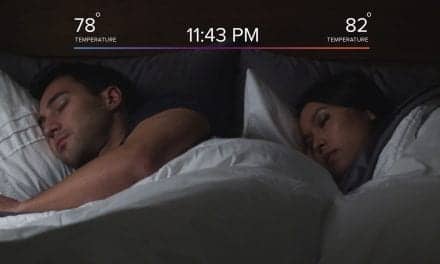The question remains, though, how to tell whether sleep is being optimized if we don’t fully know its purpose, reports The New York Time Magazine.
The “work” of sleep, whatever that is, may be getting done more efficiently in the short-sleepers than in the rest of us. Or they may be compensating for less sleep more effectively. “How do we know if you’ve accomplished the work?” says William J. Schwartz, a neurologist at Dell Medical School at the University of Texas at Austin. “At the moment, still, the routine clinical measure that you’re getting enough sleep is that you’re not sleepy. That’s not going to get us very far.”



